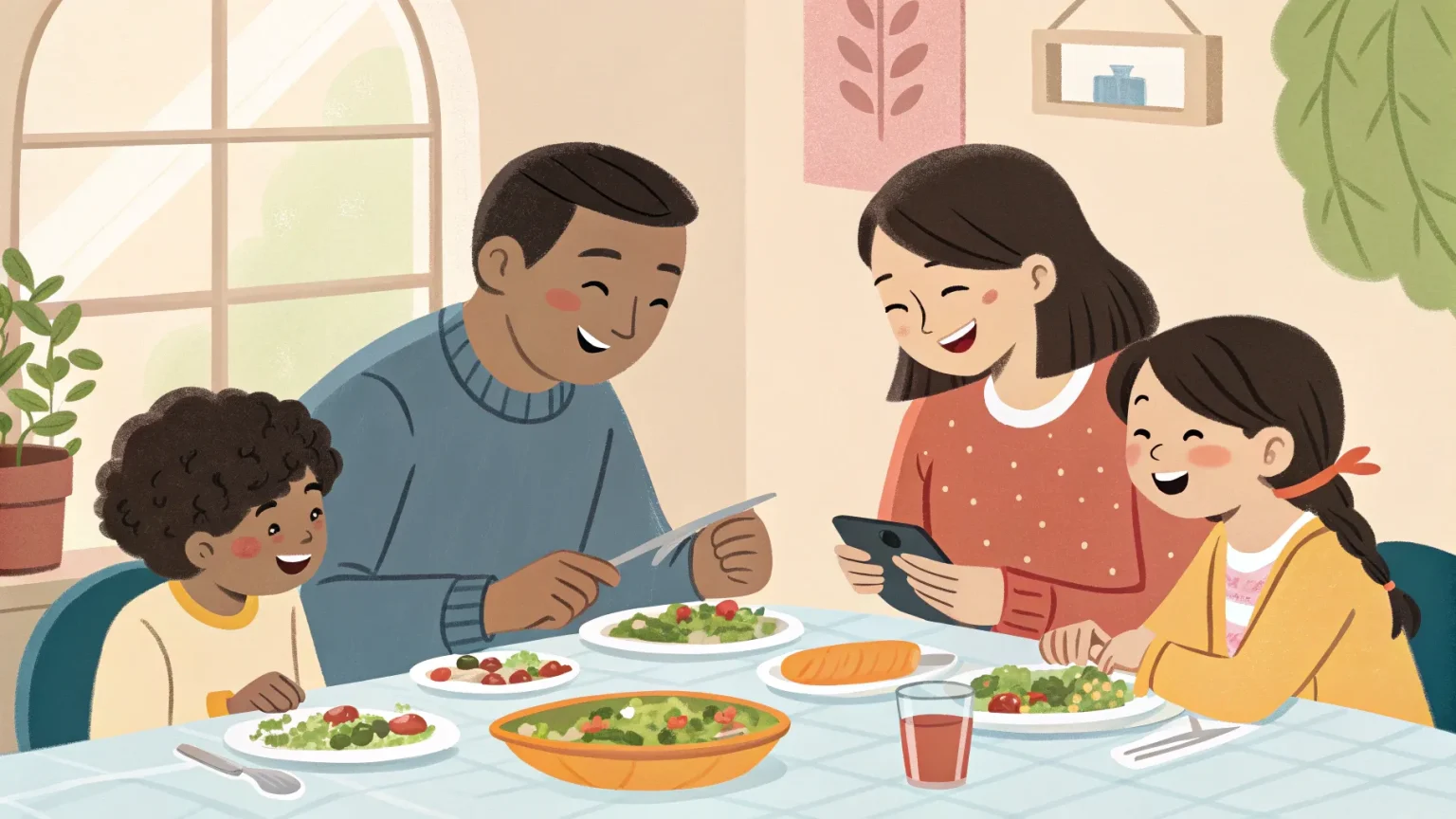For years, I had a stubborn rule: I would never let my siblings or mother pay for dinner when we went out together. I thought I was being generous, showing my success, and taking care of my family. But recently, I’ve realized something important – I wasn’t being generous at all. I was being selfish.
This revelation hit me hard. My refusal to let others pay wasn’t about them – it was about me. It was about my ego. It was about proving something to myself and others. By always insisting on paying, I was actually stealing opportunities from my loved ones to experience the joy of giving.
The Zero-Sum Game I Was Playing
My attitude toward giving and receiving created an unhealthy imbalance. I felt guilty, resentful, and somehow diminished when I received anything from others. This put my family members, especially my mom, in an awkward position. They wanted to contribute, to show their love through giving, but I wouldn’t let them.
I was operating from a flawed mindset – a zero-sum game where I believed I needed to always give more and receive less. But that equation is unsustainable. When you’re always giving more than you receive, you eventually end up with nothing – emotionally, financially, or both.
The Joy of Receiving
When I reflected on when I feel my best, I realized something profound: one of the greatest feelings as a human being comes from being able to help someone else. By refusing to let my family members pay for dinner or help me in other ways, I was denying them this fundamental joy.
Think about how you feel when you can do something meaningful for someone you care about:
- The satisfaction of treating a friend to lunch after they’ve had a tough week
- The warmth of giving a thoughtful gift that brings a smile to someone’s face
- The fulfillment of using your skills or resources to solve a problem for someone else
These moments of giving create powerful positive emotions. When I always insisted on being the giver and never the receiver, I was preventing my family from experiencing these feelings with me.
Learning to Say Yes
Now, when people offer something to me, my answer is “yes.” Not because I need what they’re offering, but because I want them to feel the joy of being able and capable of helping me. I want them to experience that rush of satisfaction that comes from giving.
This shift hasn’t been easy. My ego still sometimes whispers that I should be the provider, the successful one who takes care of everyone else. But I remind myself that relationships aren’t transactions. True connection comes from the flow of giving and receiving between people who care about each other.
My mother raised me, sacrificed for me, and supported me throughout my life. Why would I deny her the pleasure of occasionally treating her successful son to dinner? My siblings have their own strengths and resources to share. By always insisting on paying, I was implicitly suggesting they had nothing valuable to contribute.
Breaking the Cycle
This realization has transformed not just family dinners but my approach to all relationships. I’ve learned that receiving graciously is as important as giving generously. Both are acts of love and respect.
The next time someone offers you something – whether it’s picking up the check, helping with a project, or sharing their expertise – consider saying yes. Not because you need it, but because allowing others to give is itself a gift.
And if you’re like me, always insisting on being the provider, ask yourself why. Is it truly about generosity, or is it about ego? Is it about giving, or is it about control?
I’ve found that the strongest connections come when we allow ourselves to be vulnerable enough to receive as well as give. That’s the balance I’m striving for now – not a zero-sum game, but a continuous cycle of giving and receiving that enriches everyone involved.
Frequently Asked Questions
Q: How can I tell if my generosity is coming from ego rather than genuine care?
Examine how you feel when someone else tries to give to you or pay for something. If you feel uncomfortable, resistant, or need to immediately reciprocate, your giving might be tied to ego. Genuine generosity feels good in both directions – when giving and receiving.
Q: Won’t people take advantage of me if I start accepting more than I give?
This isn’t about creating imbalance in the other direction. It’s about allowing a natural flow of giving and receiving in your relationships. Healthy relationships involve mutual care and contribution, not keeping score.
Q: How do I graciously accept when I’ve been conditioned to always be the giver?
Start with a simple, sincere “thank you” without immediately trying to reciprocate. Acknowledge the good feeling the other person gets from giving to you. With practice, receiving becomes more comfortable and natural.
Q: What if I genuinely enjoy paying for family meals and have more financial resources?
There’s nothing wrong with being generous when you can afford it. The key is allowing others the opportunity to contribute in their way sometimes. Perhaps they pay for dessert or choose and arrange the next gathering. Value contributions beyond just money.
Q: How has this realization affected your other business and personal relationships?
I’ve found that allowing myself to receive help, advice, and support from others has created deeper connections. People feel more valued when their contributions are accepted. This has led to more authentic partnerships where everyone brings their strengths to the table rather than one person always taking the lead.







